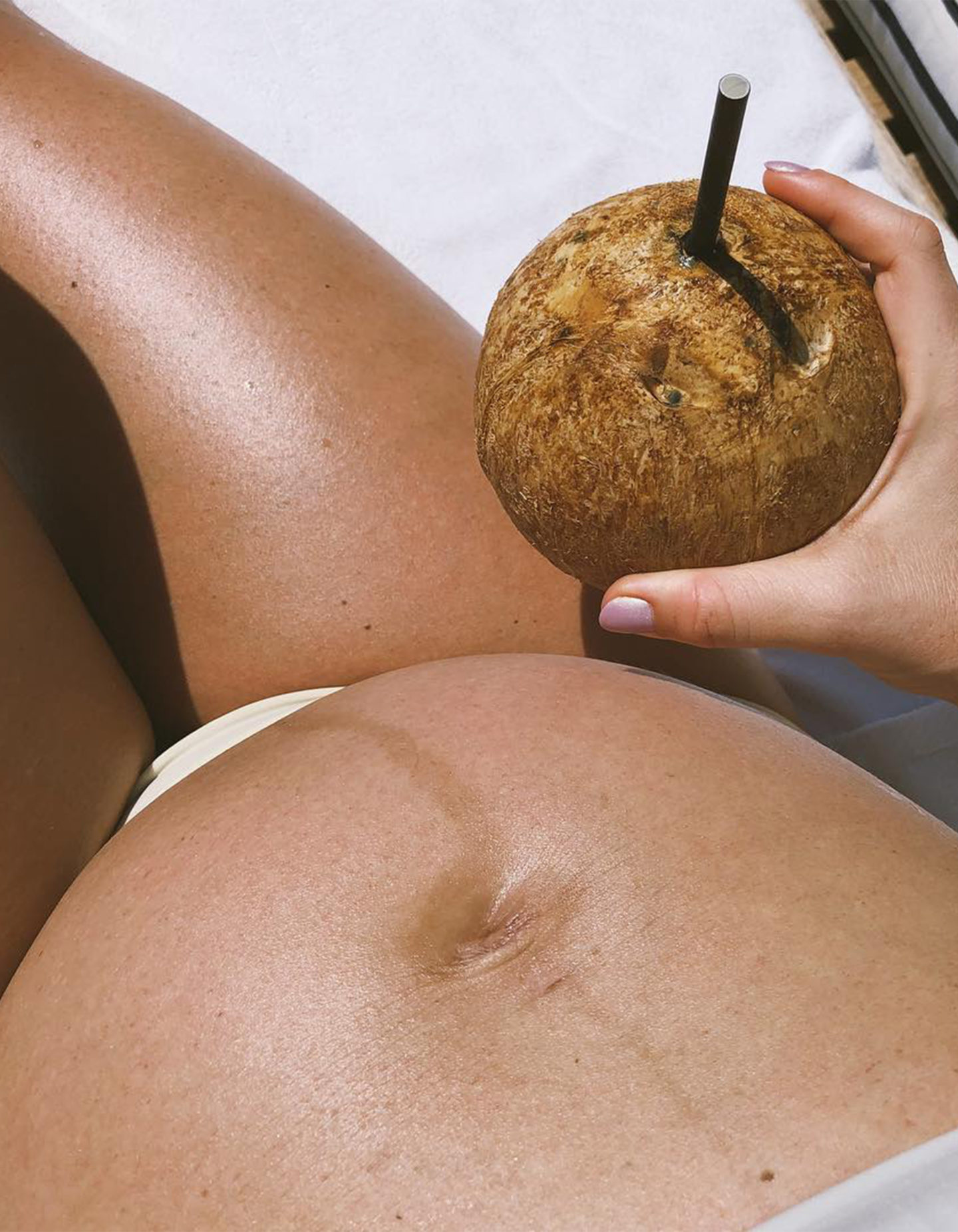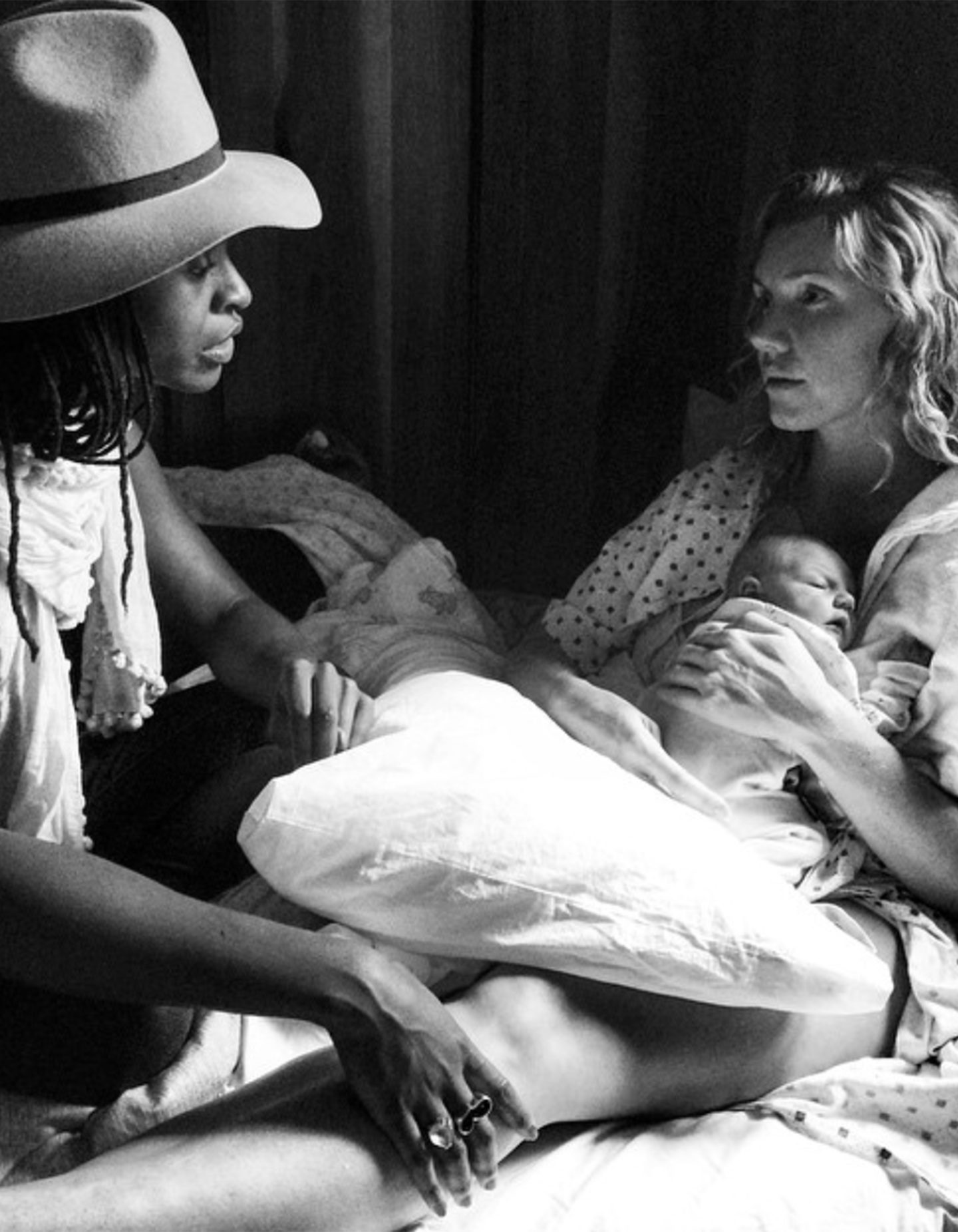Yes, girl. There’s no one moment when you’re suddenly supposed to pop. Depending on your height, weight, diet, genetics, basically everything, you’ll start to show when that bump of yours is good + ready. As long as your healthcare provider says your baby is developing properly and you’re gaining the right amount of weight for you, there should be very little cause for concern.
By the way, if you’re a first time mom, you’ll likely start showing later than a 2nd or 3rd timer as your muscles haven’t been properly stretched by a previous pregnancy. Also, women who are tall may have a smaller looking belly, simply because there’s more space. As you get further along, your healthcare provider will use various measurements to assess your baby’s growth, such as abdominal ultrasounds and later, she’ll chart the progress of your bump on your belly itself.
While it can be a bit unnerving to progress into your pregnancy + not need those maternity jeans just yet, try to relax and trust the process. If at any moment, you’re concerned with your size, contact your medical provider.





